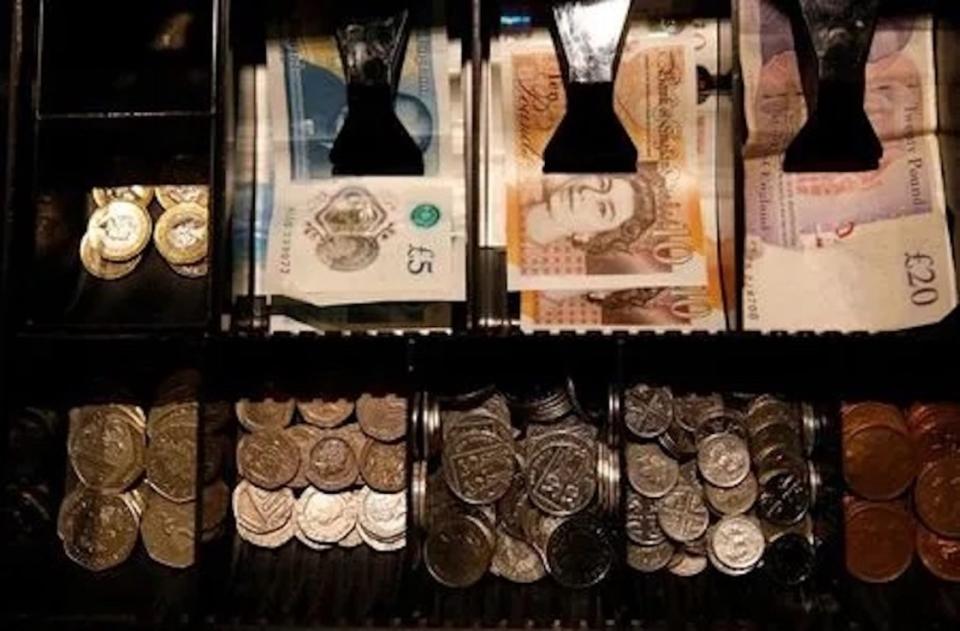Has sterling finally recovered from the impact of Brexit?

There was further good news for UK economy-watchers last week as the pound recovered to its strongest level against a basket of global currencies since the Brexit vote back in 2016.
Sterling hit its strongest position against the euro in nearly two years last Wednesday and has gained 1.14 per cent so far this year. Against the dollar sterling has climbed 1.13 per cent in the year-to-date.
Overall, on a trade-weighted basis, sterling has recovered to its highest level since the Brexit referendum.
There are two closely linked reasons why sterling has performed well over the past few months. The first is that the economy has outperformed expectations so far this year.
The UK grew faster than any other G7 economy in the first quarter of this year, expanding 0.6 per cent. Plenty of business surveys suggest the economy will continue growing at a reasonable clip.
This has bolstered confidence that the UK might be able to escape its period of post-pandemic stagnation, during which it has under-performed many of its peers.
A recovering economy is more likely to receive overseas investment, strengthening the pound.
The other major reason is that markets have pushed back the timing of the Bank of England’s first interest rate cuts. The Bank’s caution is partly a response to the economy’s strong performance but, more importantly, a reflection of sticky inflationary pressures.
April’s inflation data, released last month, showed inflation coming back towards the two per cent target. However, services inflation – a good gauge of domestic price pressures – was still hovering around six per cent. This is more than twice the level the Bank thinks is consistent with the two per cent inflation target.
Services inflation remains stubbornly high due to strong wage growth, fuelled in turn by a tight labour market.
This will almost certainly force the Bank of England to wait until at least August to start cutting rates, potentially even later. Indeed, traders are not fully pricing in an interest cut until November.
Higher interest rates benefit domestic currencies because international investors are able to earn a higher return on their investments.
The European Central Bank (ECB), in contrast, is widely expected to cut rates this week. Chris Turner at ING said the ECB’s rate decision “could be the catalyst for (the pound) to move higher”.
More broadly, analysts at Barclays pointed out that a new Labour government could forge closer ties with the EU, which would support the economy.
“The UK’s early general election is bringing forward the (partial) unwind of the pound’s ample Brexit premium as markets begin to price in closer ties with the EU,” they said.
Sterling plummeted following the referendum as traders dumped British assets in response to the political and economic uncertainty. Although the pound has recovered since then, it remains a long way off its pre-Brexit level. Before the vote, the pound was around €1.40 and $1.50.
Looking forward, a stronger pound should help to reduce imported inflationary pressures, although it will be a constraint on domestic exporters.
However, Kyle Chapman, FX markets analyst at Ballinger Group, said that markets might be getting ahead of themselves.
“The Bank of England is generally far more dovish than the markets, and it is very possible that the hawkish rates adjustment has been overextended. There is a risk of a pullback in sterling if inflation falls further, or if the BoE springs a surprise cut in June – a scenario that cannot be ruled out,” he said.

 Yahoo Finance
Yahoo Finance 